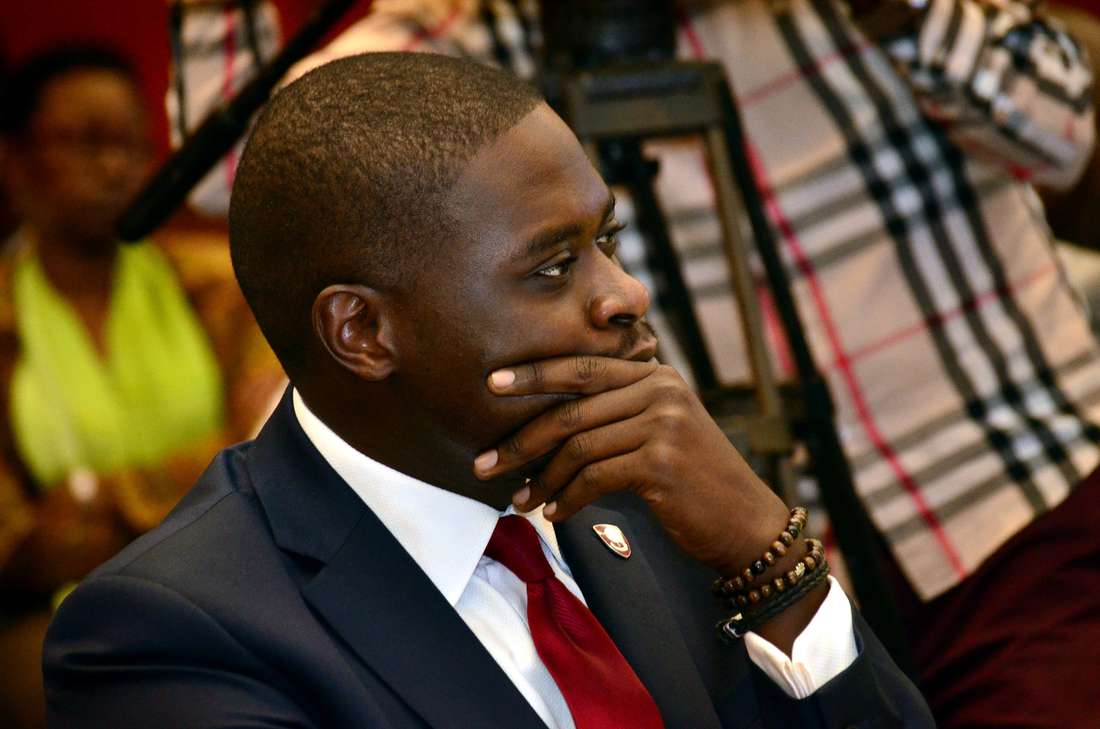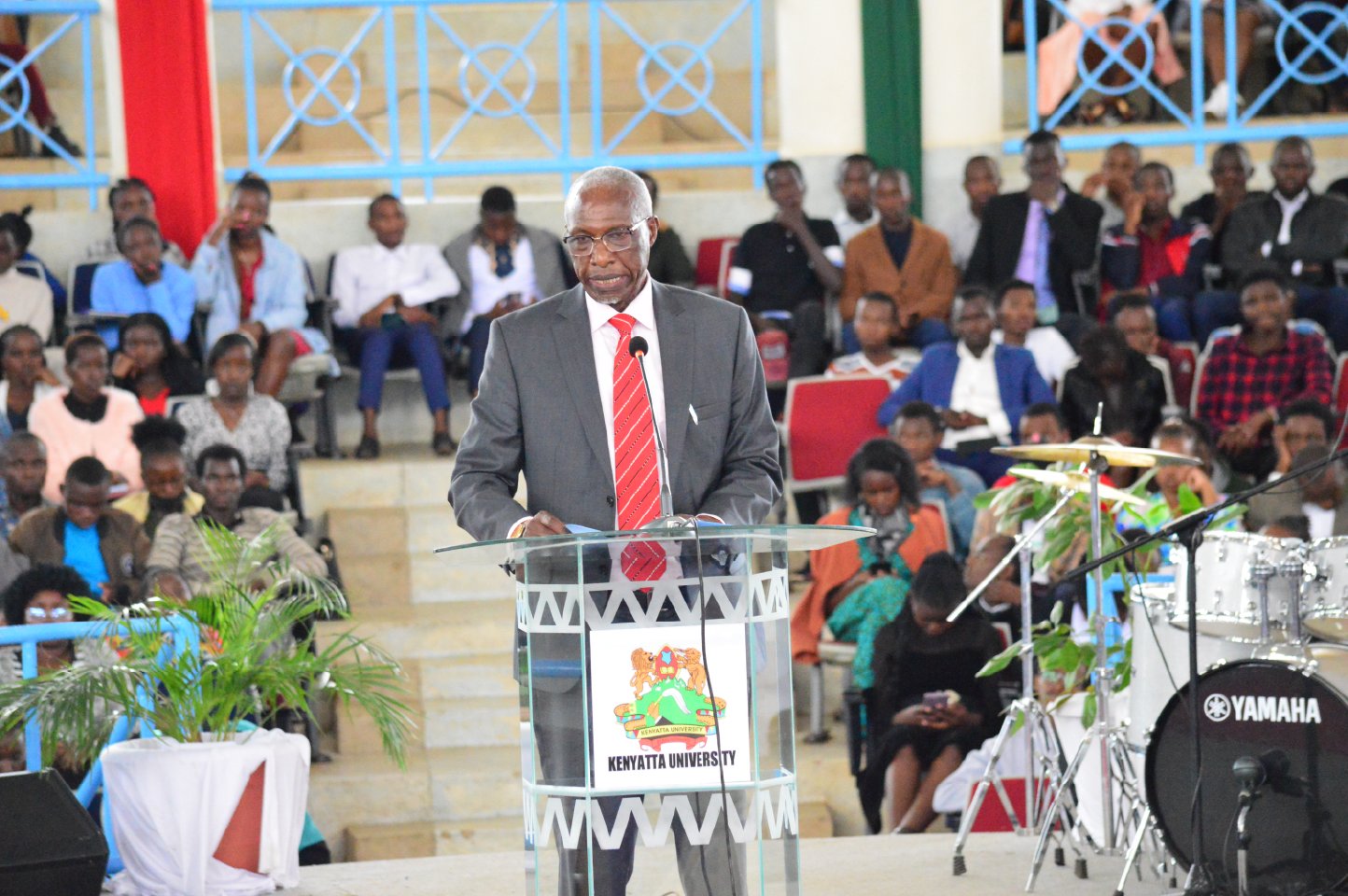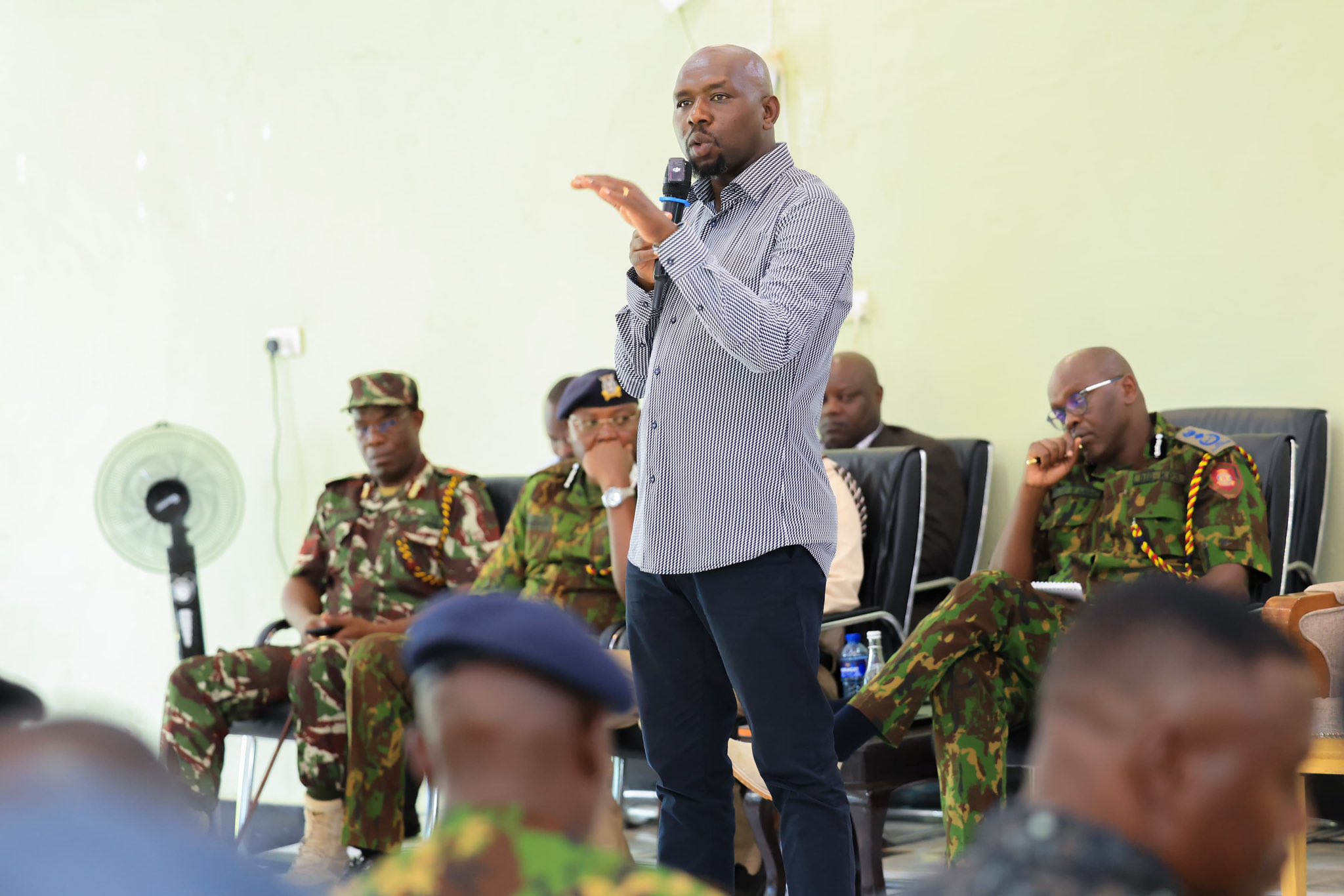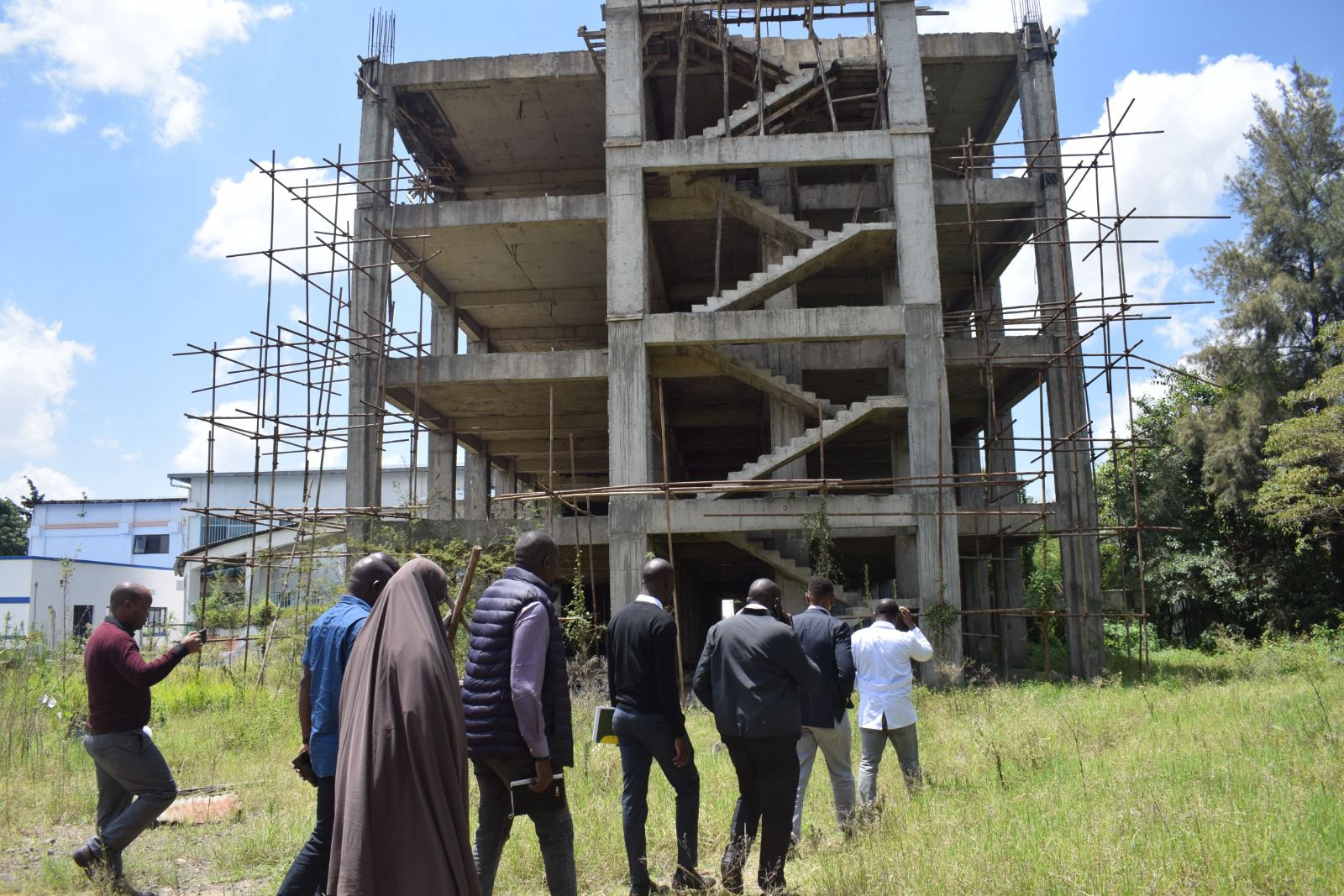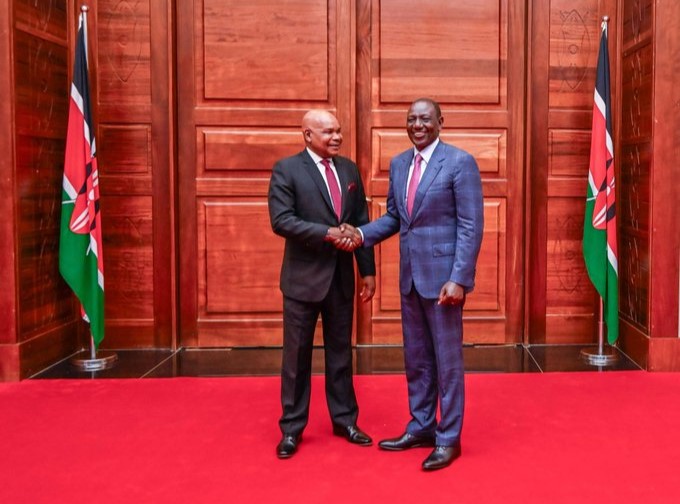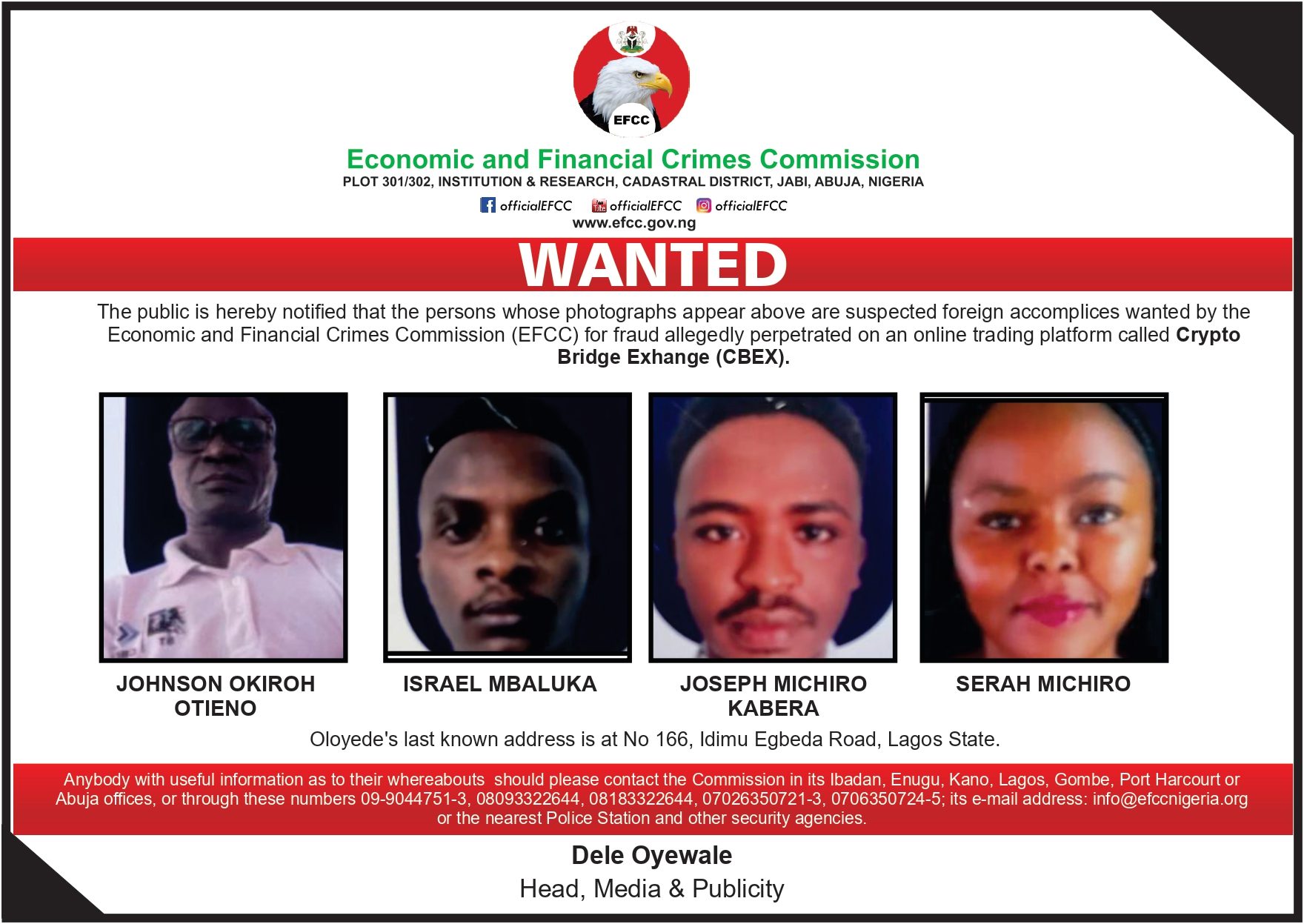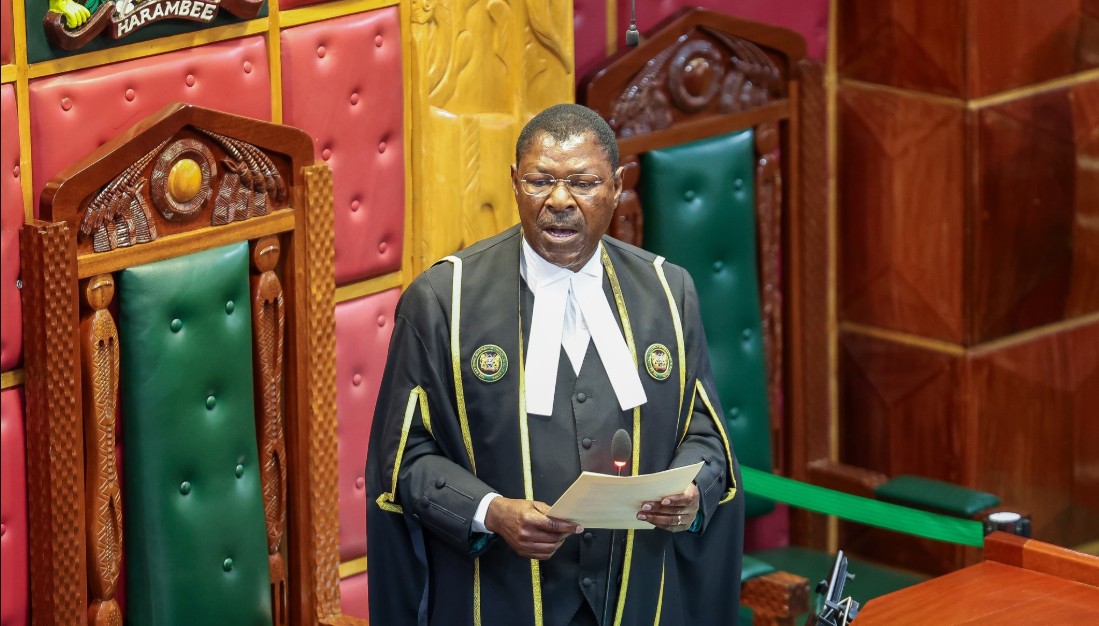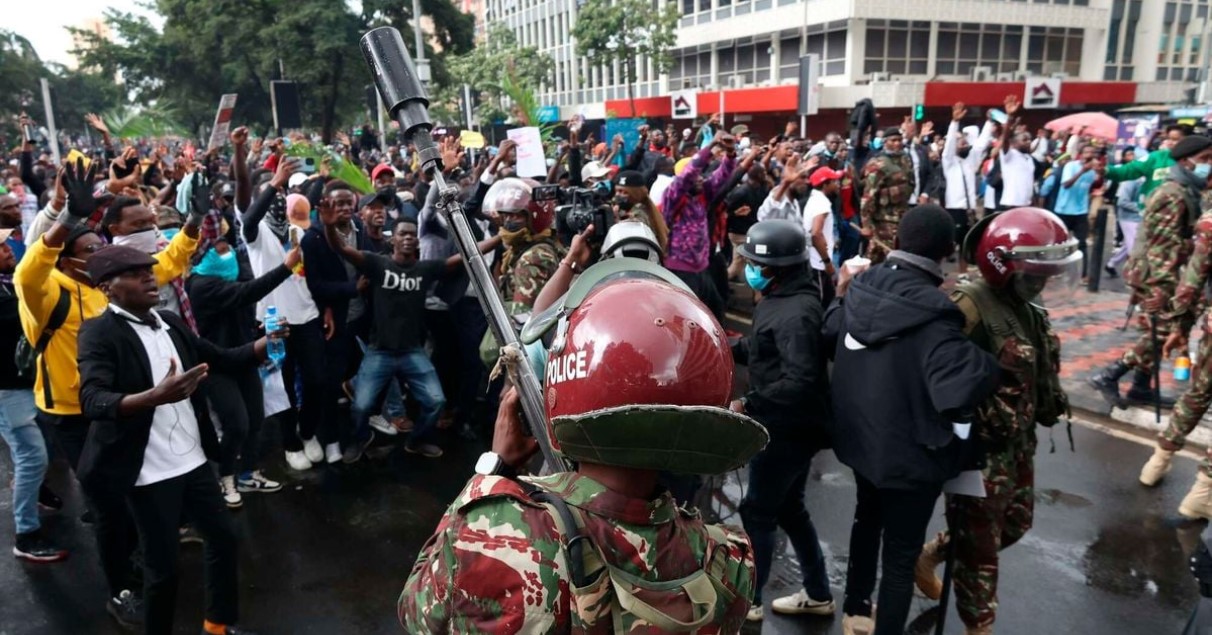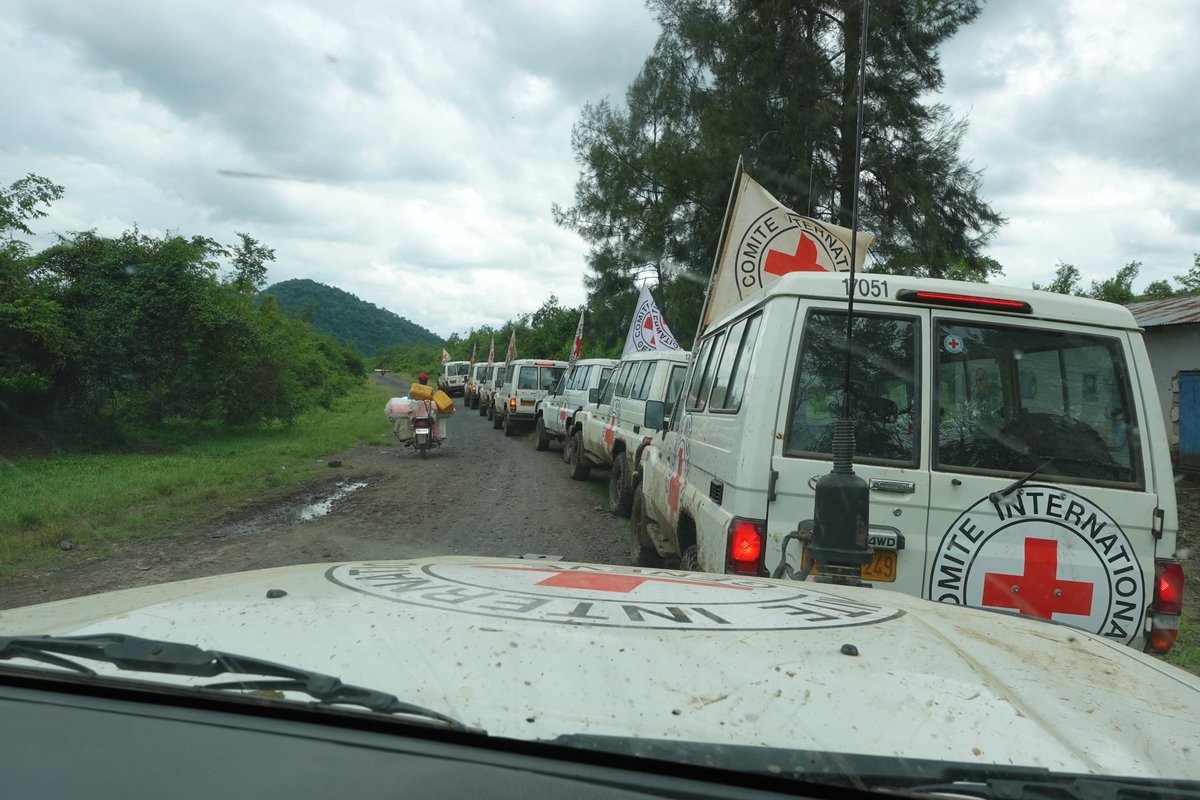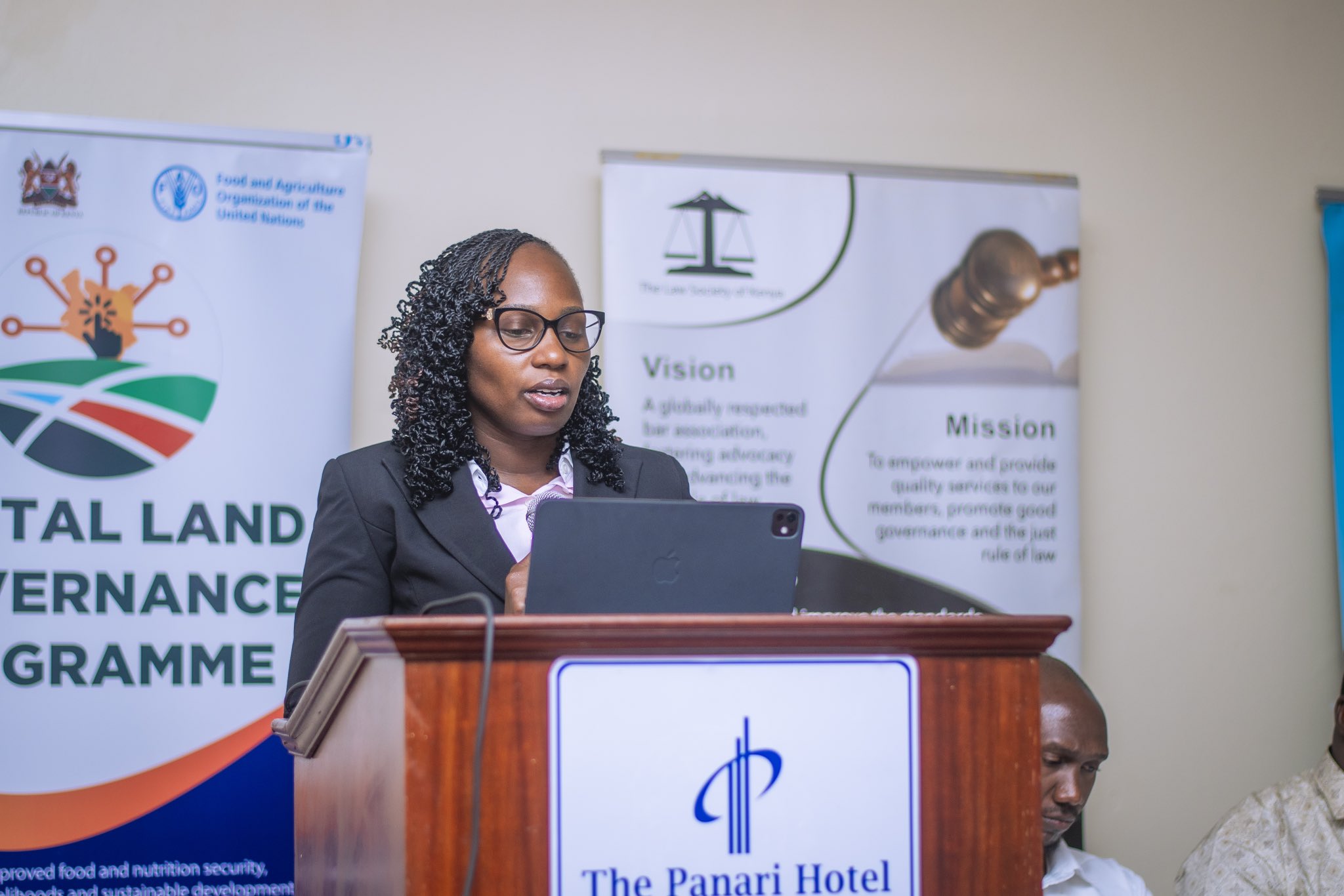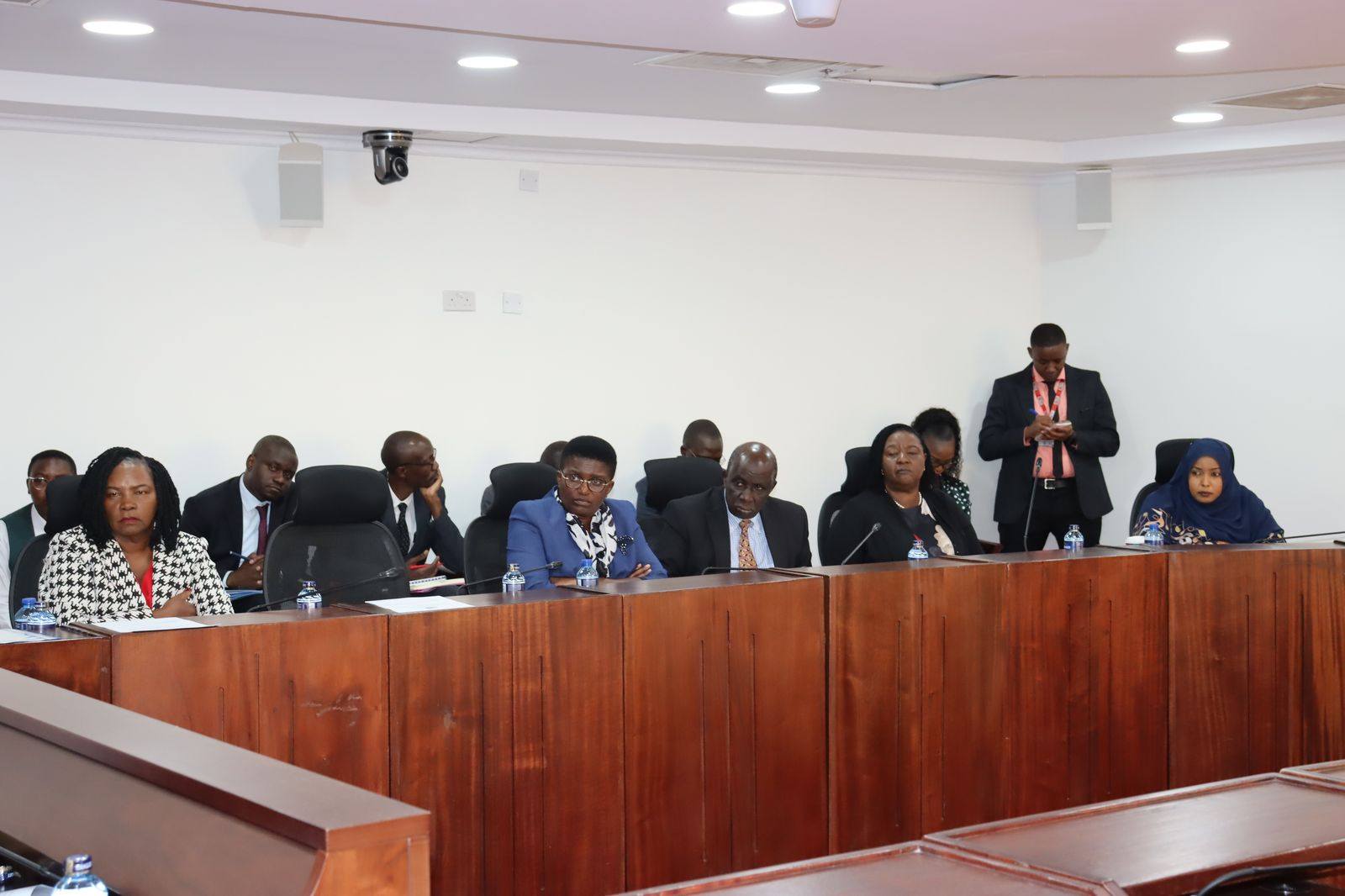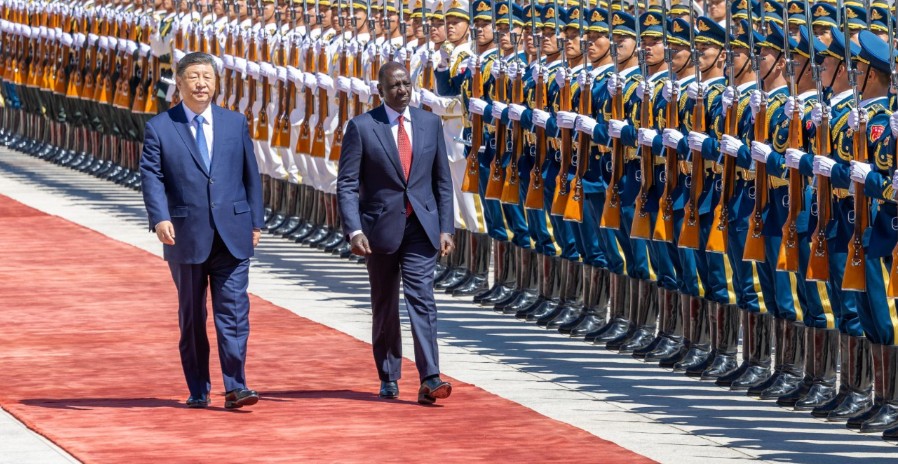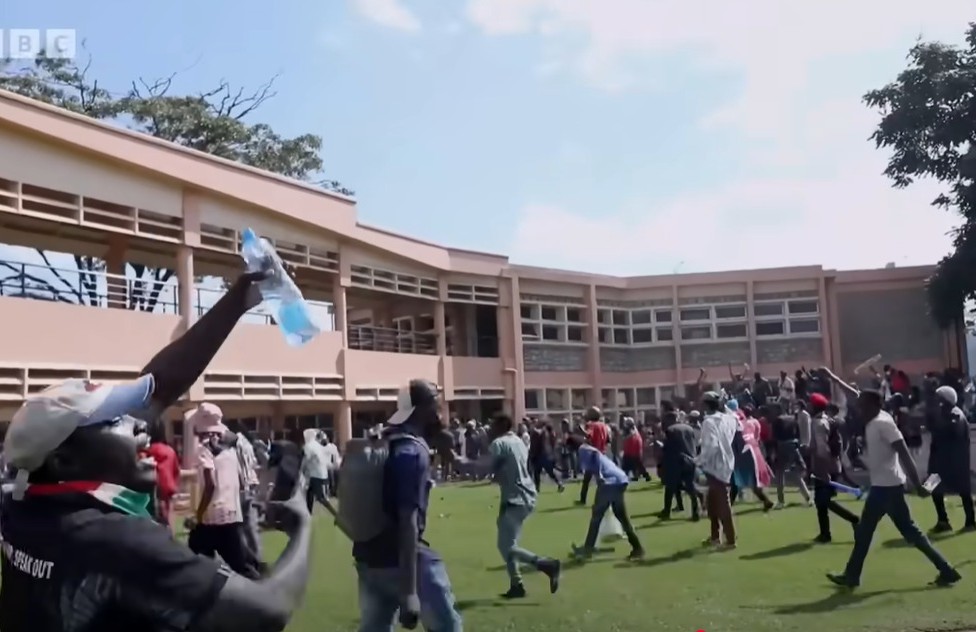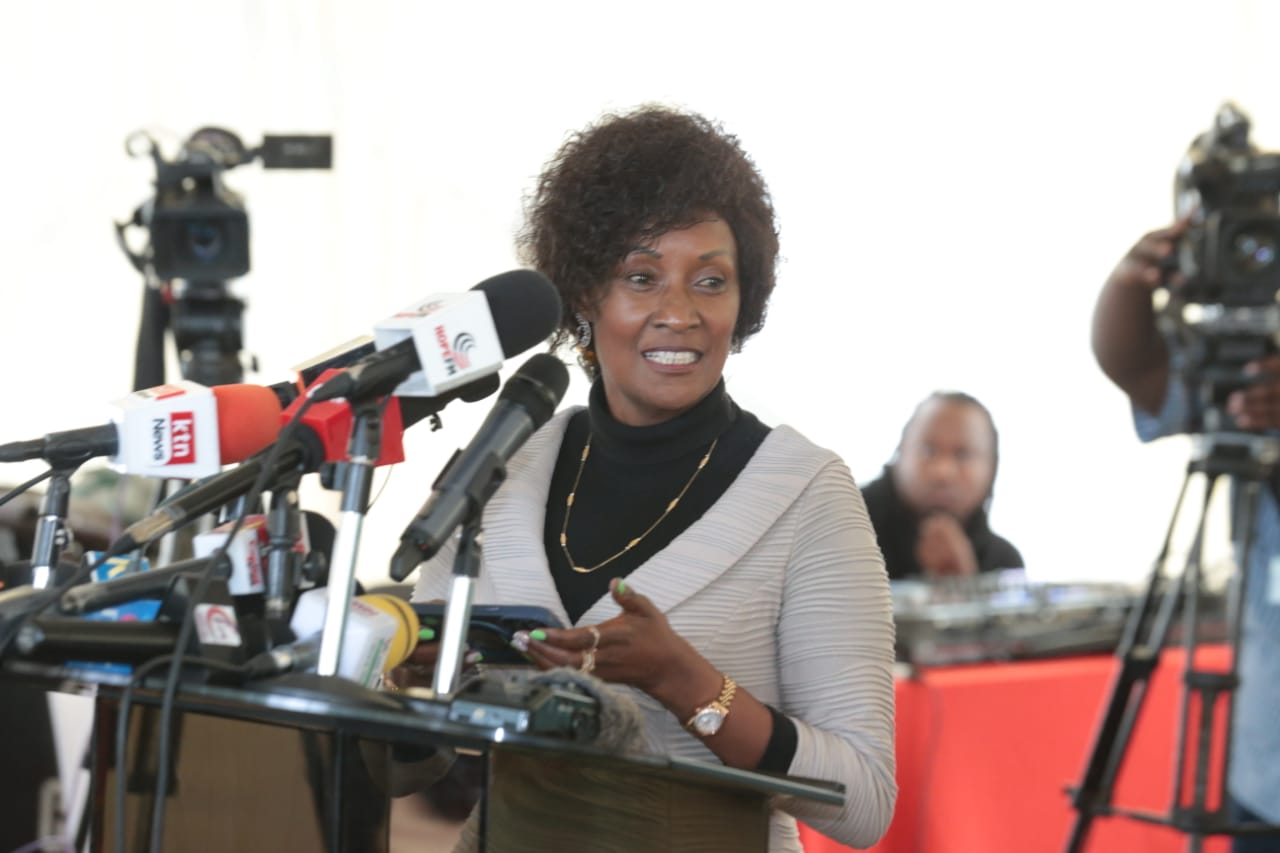Growing fears of social media shutdown ahead of 2027 General Election
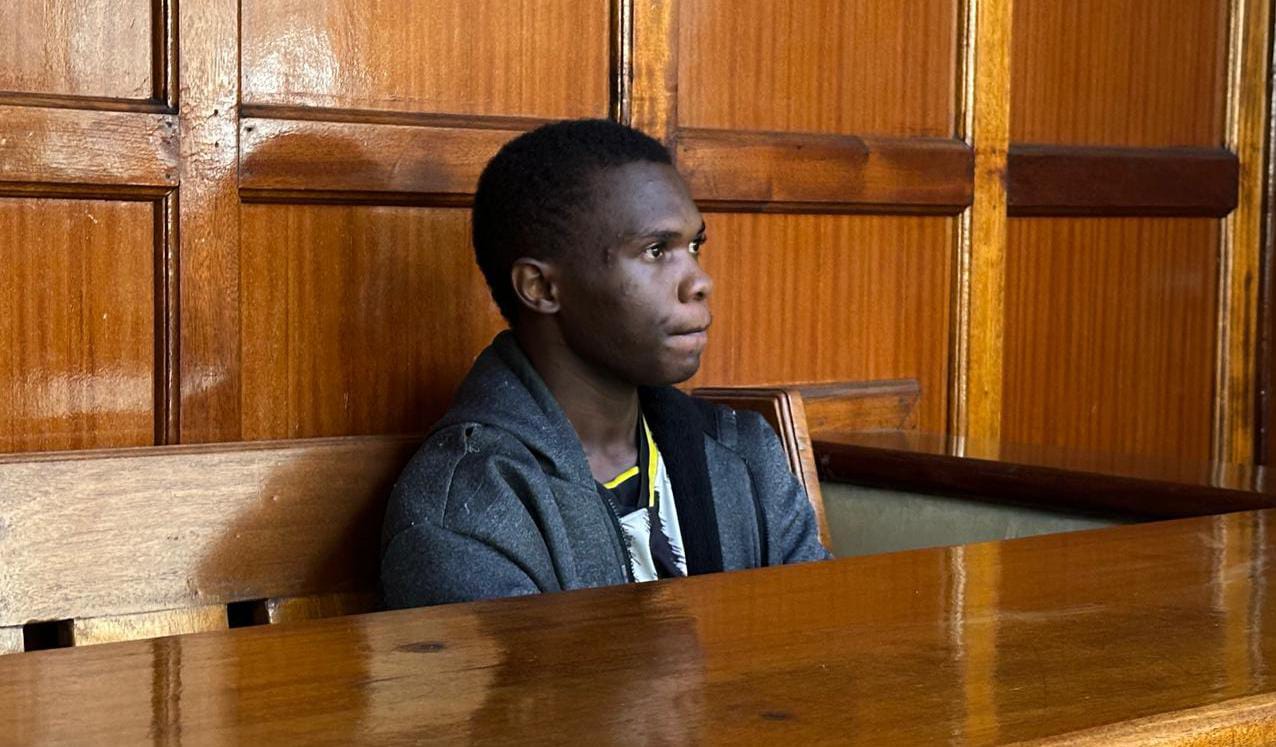
Human rights organisations have expressed serious concerns about Kenya's shrinking digital civic space, citing an increase in surveillance, intimidation, arbitrary arrests, and the misuse of laws aimed at online users, bloggers, and journalists.
President William Ruto and his administration are worried about the digital activities of Kenya’s young people. Their worry is exacerbated by a woke generation yearning for revolution in governance and accountability.
When the court released Titus Wekesa over his “I Must Go” campaign on X, it demonstrated the State’s bid to tame freedom of expression. Wekesa was arrested in Bungoma County for alleged publication of false information while pretending he was President Ruto and deceiving Kenyans that he would leave office.
More To Read
The Directorate of Criminal Investigations (DCI) had sought orders to detain Wekesa for an additional five days to conclude investigations into offences of false publication contrary to section 23 of the Computer Misuse and Cybercrime Act of 2018.
Wekesa’s case is among several that have snowballed into a worrying trend amid fears that Ruto’s administration might limit or completely shut down social media during or ahead of the 2027 electoral contest.
Human rights organisations have expressed serious concerns about Kenya's shrinking digital civic space, citing an increase in surveillance, intimidation, arbitrary arrests, and the misuse of laws aimed at online users, bloggers, and journalists.
James Wamathai, Partnerships and Advocacy Manager at the Bloggers Association of Kenya (BAKE), emphasised the importance of equal protection of human rights both online and off.
“These rights we are asking to be protected are nothing new. The same human rights we enjoy offline are the same ones that must be preserved online. The safety of bloggers is directly tied to the safety of journalists and the general public. If one group is not safe, no one is,” said Wamathai.
Angela Minayo, Programs Officer for Eastern Africa at ARTICLE 19, expressed similar sentiments, decrying the growing intolerance of criticism by both national and county governments.
“We’re seeing ordinary citizens, who merely post on Facebook or X, being abducted, arrested, or slapped with trumped-up charges. The Computer Misuse and Cybercrimes Act has become the law of choice for silencing dissent, especially during protests like the Gen Z movement,” said Minayo.
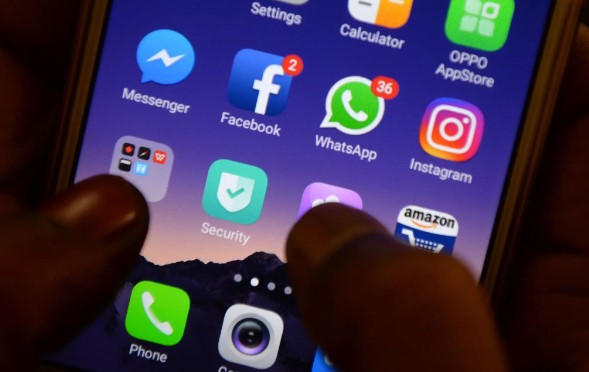 A view of social media apps on a smart phone. (Photo: Arun Sankar/AFP/Getty Images)
A view of social media apps on a smart phone. (Photo: Arun Sankar/AFP/Getty Images)
Demas Kiprono, Deputy Director at the International Commission of Jurists (ICJ) Kenya Chapter, underscored the need to protect digital engagement spaces where citizens now hold the government accountable.
“Digital platforms have become Kenya’s new public squares. But we’re seeing a disturbing trend of arrests, disappearances, and legal harassment. It’s time to review these laws and empower citizens to understand and defend their inherent rights.”
Surveillance infrastructure
From a continental perspective, Gbenga Sesan, Executive Director of Paradigm Initiative, said governments are increasingly investing in surveillance infrastructure and legalising mass surveillance under the guise of cybercrime and anti-terrorism laws.
“Budgets across Africa now openly include surveillance tools. This normalisation of spying on citizens—especially journalists—is a threat to democracy,” he warned.
On December 4, 2024, a university student charged with ‘killing’ Ruto demanded that the President appear in court if he is the real complainant in the case.
In this case, the Law Society of Kenya demanded to be supplied with the witness statements of President Ruto, who is the subject of the proceedings. Lawyer Danstan Omari said all Kenyans are entitled to enjoy the freedom of speech and expression as enshrined in the Constitution.
David Ooga Mokaya, a fourth-year student at Moi University, had urged the Milimani Law Courts magistrate, Benmark Ekhubi, to direct the Director of Public Prosecutions (DPP) Renson Ingonga to supply him with witness statements, including that of the complainant.
Mokaya is charged with computer misuse and publishing false information on X about the military in ceremonial uniform leading a funeral procession with a casket draped with the Kenyan flag, allegedly containing the president's remains, leaving Lee Funeral Home.
Last week, the Central Organisation of Trade Unions in Kenya Secretary-General Francis Atwoli called on the government to regulate social media in the country. Atwoli said that currently, social media content is not conducive to young people, placing the country in the wrong place.
Atwoli also called on religious leaders to speak on social media content. “There is this thing called social media, it is not in China, it is controlled. The Church must speak about social media; the church must speak about TikTok. We can’t have such a society. The young people on social media have never worked in trade unions. You will see how they talk and comment about the union, and incitement on social media,” he said.
In January, ICT and Digital Economy Cabinet Secretary William Kabogo denied the existence of any plans to shut down social media.
Kabogo said he has not foreseen a situation where that will be the case, noting that the discussion is also not on the table and that nobody should even think about it.
“I would not envisage or imagine where we would switch off social media. The discussion of switching off is not on the table at all, and I want you to remove it even from yourself. It is not there,” the CS said.
The National Intelligence Service (NIS) Director General, Noordin Haji, has more than once issued a stern warning about the misuse of social media platforms, highlighting their potential to pose a significant threat to both national and regional security.
He pointed to the rapid dissemination of false information and hate speech as major drivers of social unrest and a threat to democratic processes.”The misuse of social media platforms has become a serious concern for national security,” Haji stated.
“The speed and reach of these platforms enable the rapid spread of misinformation, which can have devastating consequences for our nation and the region.”
Haji also noted that he is actively monitoring online activity and working to counter the spread of misinformation and disinformation. He emphasised the importance of collaboration between government agencies, technology companies, and civil society organisations in addressing this growing threat.
Top Stories Today

